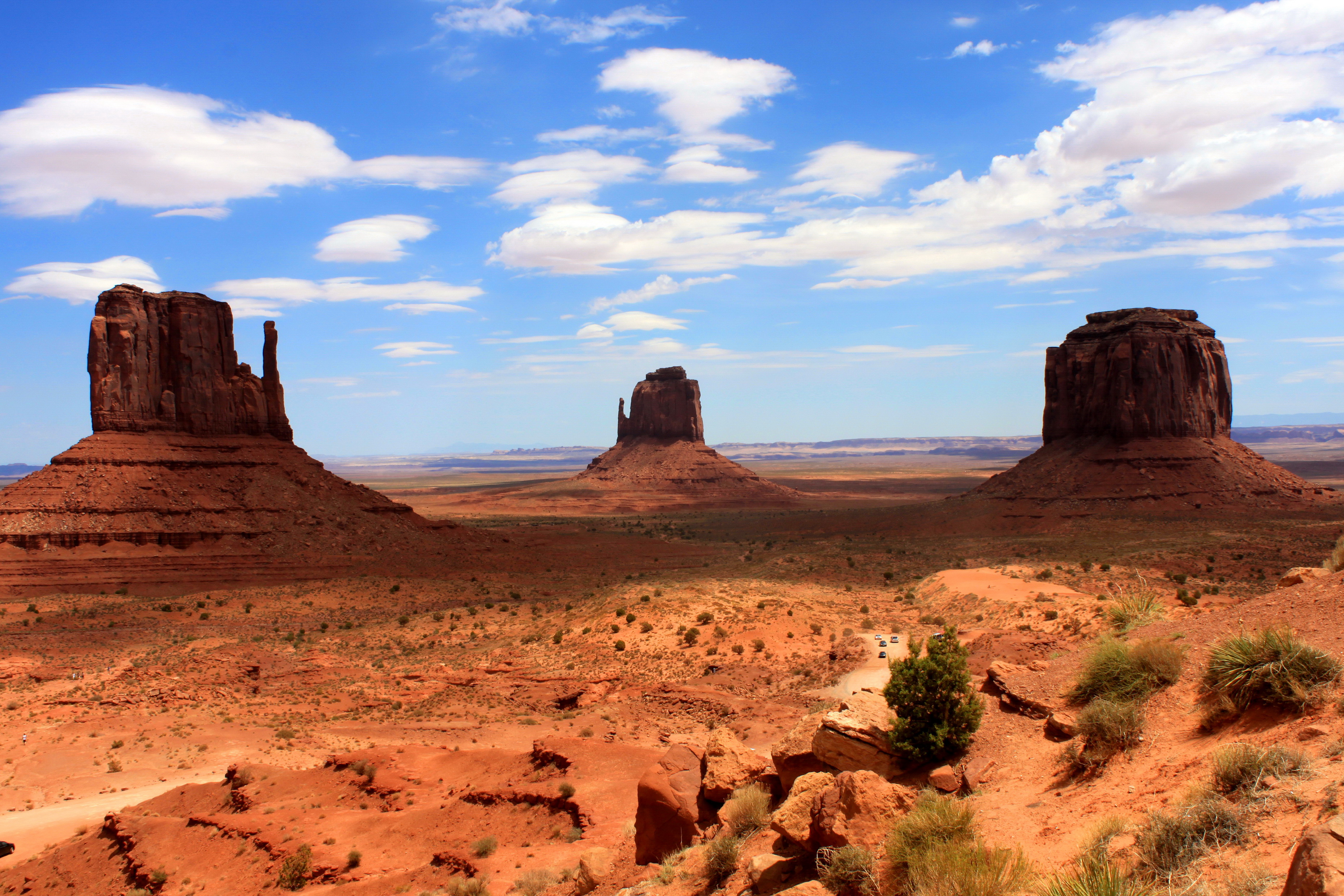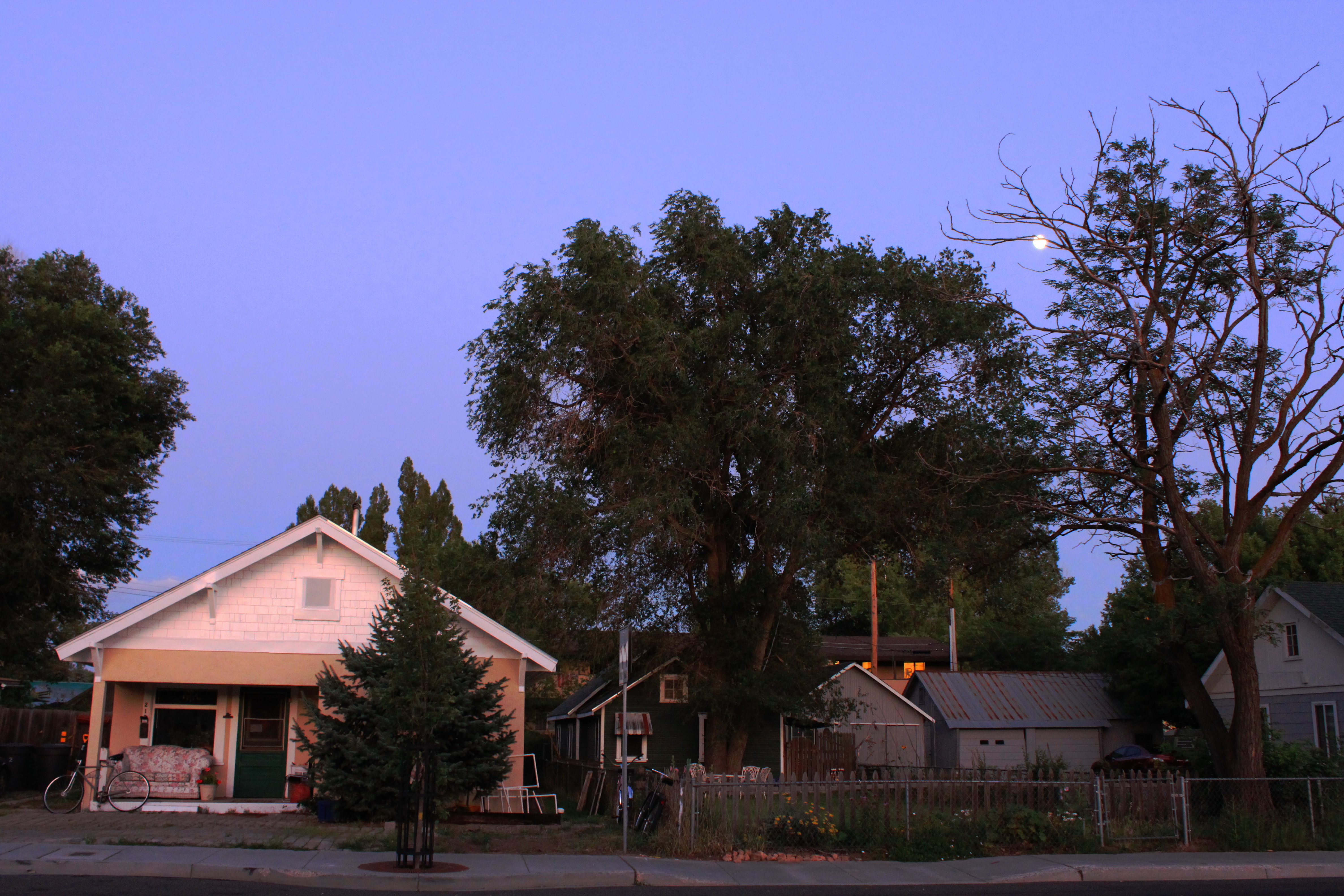David Chorlton: une courte biographie.
Extrait d’une communication donnée au colloque Tools of the Sacred, Techniques of the Secular: Awakening, Epiphany, Apocalypse, and Doubt in English-Language Verse, Université libre de Bruxelles, 4-7 mai 2010.
David Chorlton’s poetry captures snapshots of hidden treasures located in the American Southwest. In this desert of rock and still life, the voice of the poet transcends reality and urges the audience to imagine their personal lives freed from stereotypes, media imprecations and marketing trends.
The American Southwest provides room for thought to the secular prophet. Despite his mistrust of dogma and ideology, Chorlton’s poems are a celebration of the imperious need to relate to a creative and spiritual power that challenges man’s flaws and misdemeanors. Chorlton’s resistance to materialism stems from the desire to reach out to his fellow men and enlighten their spirits. The violence expressed by Chorlton, born in Austria, raised in Manchester, and Phoenix resident since 1978, perpetuates the religious tradition of misunderstood prophets, whose voices sometimes get lost in the desert.
Predictions by David Chorlton
There will be ice on the moonlight
in the country of wolves
when they rush from the cover
of the trees.
There will be dust on the riverbed
at summer’s end, just before
the swallows disappear.
There will be schedules left at bus stops
and old shoes in the road.
There will be blind men
asking directions
and brides dressed in white
selling confessions.
There will be a time of plenty
and another of even more.
There will be a time of need and nobody
will know the difference.
There will be deserts so beautiful
on the night the cereus bloom
even the lost traveler
will lie down among the thorns
glad to be alive.
Prayer Flags
from Places You Can’t Reach, Pudding House Publications, 2006.
A string of five colours on the front porch
declare a fragile peace
in an election year.
They talk brightly;
green for the forest, yellow for the desert,
blue for the sky, red for the sun
and white for silent introspection.
I’m not a Buddhist, but I listen
to the wind. I don’t meditate,
but stare out of the window
to give my nerves a rest
from the interminable campaign.
The flags are a Himalayan breath
of snow and occupation
in a city in the desert.
They have no ambition; they don’t argue;
they have nothing to invest
in the market.
They are the last resort
of a stranger tired of hostility,
five broken syllables
stolen from somebody else’s language
to say what can’t be said in English,
that power is wanting nothing
that takes another’s life.
- Flagstaff, près du campus universitaire, 2011, copyright Nausica Zaballos.

